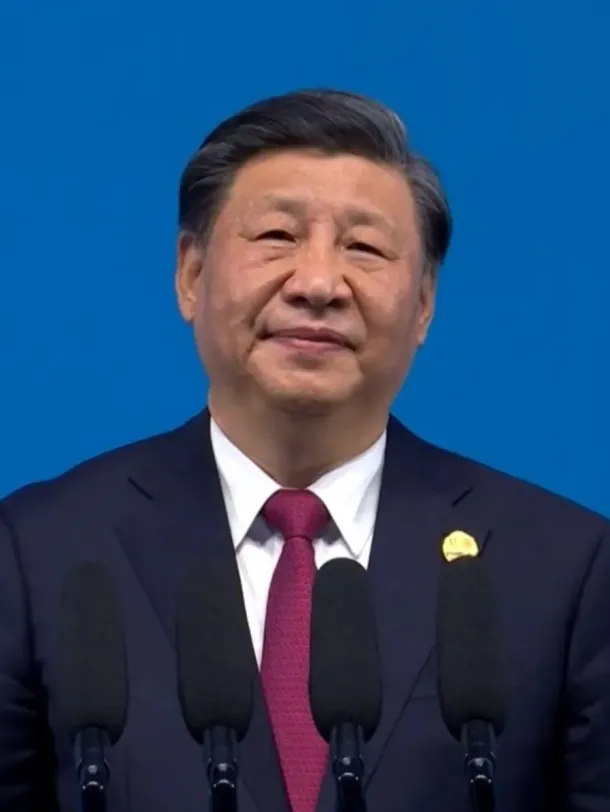Sources in Arms

In a crackdown earlier this year that sent ripples through China’s popular online gay erotica scene, known as “Boys’ Love” fiction, or BL, police engaged in cross-border “remote fishing” (遠洋捕撈) operations that swept up mostly female writers publishing on a Taiwan-based platform called Haitang Literature City (海棠文化線上文學城).
Yesterday, our Chinese-language sister publication Tian Jian (田間) published an in-depth account based on the experiences of Chinese journalists who worked against the odds to break the media silence. The reporters encountered numerous obstacles, including sources too frightened to speak, editors rejecting story pitches (because Haitang’s servers were in Taiwan), and the constant fear of becoming targets themselves. Despite the risk, the journalists affirmed the importance of the work — and the closeness that can develop with sources. “When you do sensitive reporting, it’s very special,” one reporter told Tian Jian. “It’s like [journalists and sources are] engaged in battle side-by-side, strategizing together about how to keep everyone safe.”
Read the full story HERE.

















